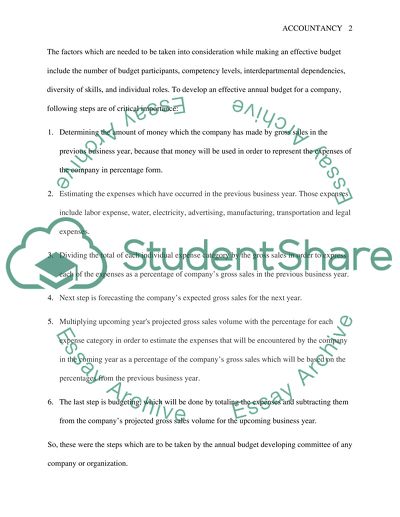Cite this document
(The Annual Budgetary Process Essay Example | Topics and Well Written Essays - 1750 words, n.d.)
The Annual Budgetary Process Essay Example | Topics and Well Written Essays - 1750 words. https://studentshare.org/finance-accounting/1563902-accountancy
The Annual Budgetary Process Essay Example | Topics and Well Written Essays - 1750 words. https://studentshare.org/finance-accounting/1563902-accountancy
(The Annual Budgetary Process Essay Example | Topics and Well Written Essays - 1750 Words)
The Annual Budgetary Process Essay Example | Topics and Well Written Essays - 1750 Words. https://studentshare.org/finance-accounting/1563902-accountancy.
The Annual Budgetary Process Essay Example | Topics and Well Written Essays - 1750 Words. https://studentshare.org/finance-accounting/1563902-accountancy.
“The Annual Budgetary Process Essay Example | Topics and Well Written Essays - 1750 Words”. https://studentshare.org/finance-accounting/1563902-accountancy.


